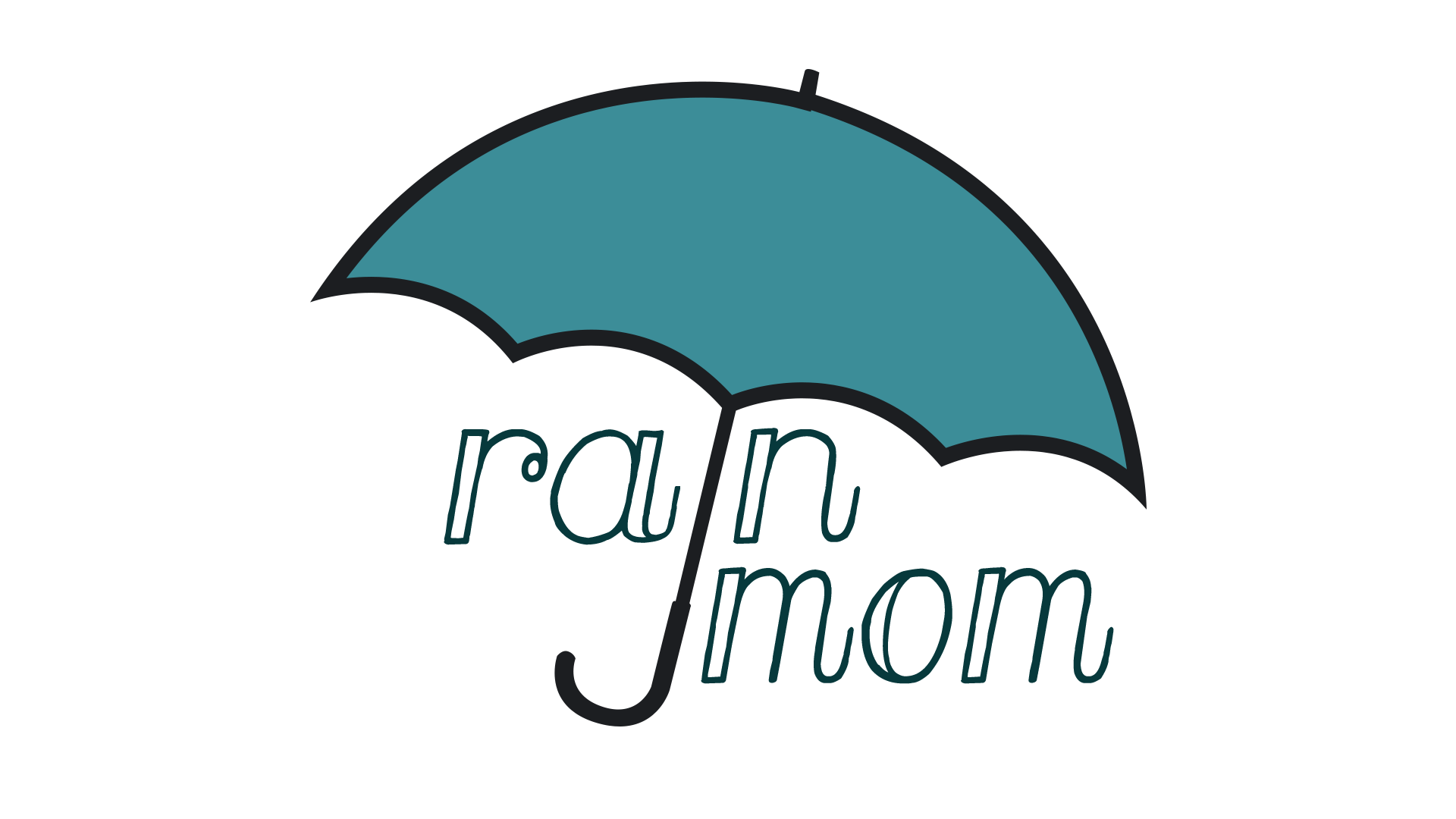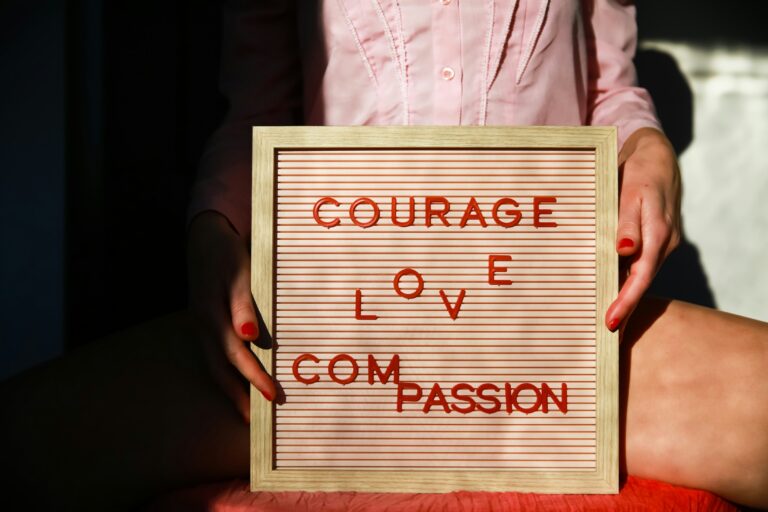
Important Lessons on Autism From Real Life Experts
By Kristi | Published | No Comments
From the moment I received Jonathan’s diagnosis in 1998, I began a quest for any and all information regarding autism. Back then, autism was a pretty unfamiliar term, unless perhaps if you had seen the movie Rain Man. My biggest source of information came from the internet where I would faithfully scroll pages and pages, looking for guidance and answers. So many questions, so many unknowns and so many opinions. Naturally, I looked to other parents and professionals with experience and knowledge. It never occurred to me that I was overlooking the very individuals who could give me the insights I needed, until just recently. While on yet another search for information I stumbled across the true experts, ready and willing to help educate and guide so many others like me. Autistics educating and supporting non autistics. Talk about a crash course and eye opener all in one.
Within the first 10 minutes reading on Autism Inclusivity, a Facebook group, I learned more in those 10 minutes than years spent listening to non autistics. Talk about an education, one I was eager to learn. Here was my first lesson: you are either autistic or non autistic. Most autistics prefer identity first language. Pretty simple and straightforward.
Second: any labels or levels associated with autism like high or low functioning, verbal or non verbal, asperger, ASD, stereotypical language or any form of functioning labels are now outdated with good reason. These are no longer acceptable because they are misleading, divisive, imply certain types of autism are more acceptable than others and promote ableism.
Lesson number three: Autism Acceptance Month revolves around non autistics and surprise— some autistics are not big fans! Many feel like they are being put on display and detest the stress and anxiety associated with that attention. Meanwhile, the issues important to them are basically ignored, overlooked, or when they do speak out, their voices are drowned out by non autistic “experts”. How is it possible to be an expert about something you’ve never personally experienced? Most autistics will tell you much of the information out there is categorically wrong. So it’s time to listen to the voices of experience.
Lesson number four— the most important one: Any mention of or promoting cures for autism. Autism is a disability, not a disease, as a cure implies. By suggesting we need to cure autism it’s basically saying we want to eradicate the world of autistics. Imagine how it must feel to have others excitedly looking for a cure to your very existence? And yes,the term “recovery” is the sister to cure― basically the identical twin.
Add to that, the color blue, ribbons, puzzle pieces and other symbols that point towards either a cure or suggest autistics need to fit in with non autistics in order to be accepted. This is exactly what the puzzle piece implies: that autistics don’t fit in or are puzzling to understand or appreciate. Add to that, many things promoted to help autistics act like or fit in with non autistics. Ironically, there are many non autistics that by their own behavior or way of being makes it very hard for others to tolerate, even accept them. So should we be curing them as well? How about anyone who thinks, acts or feels differently than you? What we need to cure is ignorance, ableism and judgment. Maybe that’s the symbol we should be looking for.
This month is supposed to be about acceptance, understanding and support for autistics. Maybe if we put the experts in charge and let them lead and educate us we can one day arrive together. Free from labels, symbols, and language that negates the true intent. Voices united and an education like none other from experts. The ones who experience being autistic every day and know exactly what it means to be autistic. Let’s be open and receptive to their lessons and experiences, instead of trying to change what we may not understand by assuming we know what’s best.
Until the day comes when we are learning from and listening to the real experts who by their own experiences have taught us to truly accept autistics.






Leave a Reply